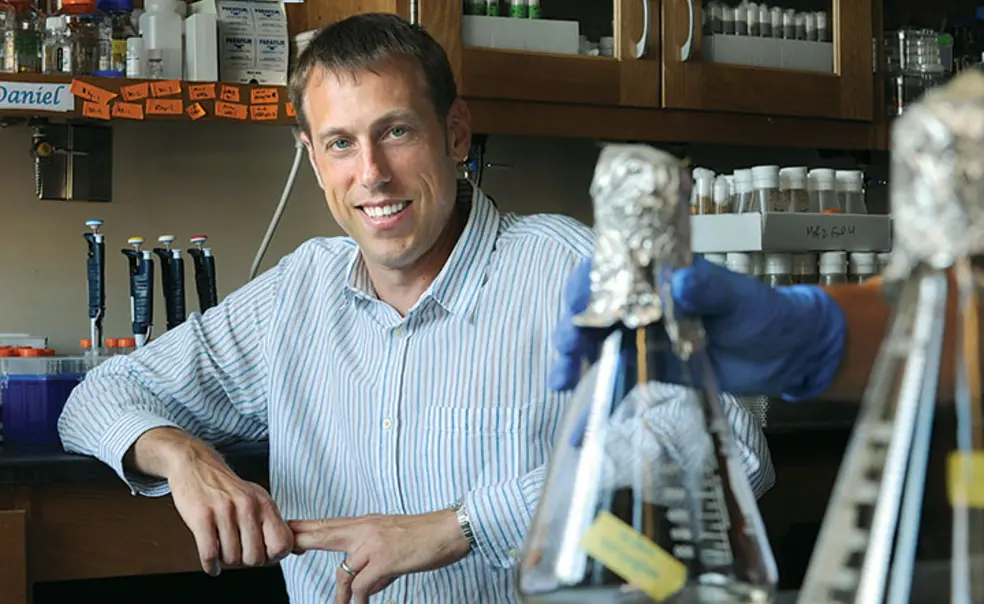Former Professor Quits Chicago Post Amid Sex-Misconduct Probe
Jason Lieb, who abruptly left a position as director of Princeton’s Lewis-Sigler Institute for Integrative Genomics in 2014, has resigned from his post at the University of Chicago after that university recommended he be fired “for violating the school’s sexual-misconduct policy,” according to The New York Times.
Lieb, a molecular biologist whose work attracted millions of dollars in federal funding, joined Princeton from the University of North Carolina, Chapel Hill, July 1, 2013. The following February, Princeton announced his resignation, effective July 1, 2014.
The Times reported that it had obtained a letter by investigators at Chicago that said Lieb had “engaged in sexual activity with a student who was ‘incapacitated due to alcohol and therefore could not consent.’” The letter also said that Leib had made unwelcome sexual advances to several female graduate students at an off-campus retreat, according to the Times. Lieb, who was on leave during the investigation, could not be reached for comment. A statement by the University of Chicago said “the findings, conclusions, and recommendations [of the investigation] will be part of the faculty member’s employment record.” (The statement did not identify Lieb but was sent in response to a query about him.)
According to the Times, faculty members at Chicago had received an anonymous email before Lieb was hired stating that there had been allegations of sexual misconduct or harassment at Princeton and UNC, and that both universities had launched investigations.
The article reported that a member of Chicago’s hiring committee said Princeton was contacted and that the University “said there had been no sexual harassment investigation of Dr. Lieb while he was there. He said efforts to find out more about what prompted Dr. Lieb’s departure proved fruitless.” According to theTimes, Chicago faculty said they were told by Lieb “that Princeton faulted him for not informing them about a complaint of unwanted contact filed against him” at UNC, but “he had seen no reason to do so” because the complaint was not substantiated.
Princeton spokesman Daniel Day said he could not respond to questions about Lieb’s departure, whether there were allegations of sexual misconduct while he was on campus, or whether Princeton investigated the professor’s conduct. “On those questions — we do not discuss personnel issues. That’s our long-standing policy,” Day said. The University also does not comment on what information may be provided in reference checks, he said.
Sexual misconduct has been a growing concern at universities in recent years. In the face of federal pressure to act, Princeton — like other universities — recently revised its sexual-assault policies and has aimed to clarify what is considered consent.
In January, the journal Nature published an editorial referring to several instances of sexual harassment by faculty members at universities, saying it is a “serious problem in science” and concluding that recent incidents “are examples of a systemic underlying rot that is driving many young researchers out of science for good.”












1 Response
stevewolock
9 Years AgoFor the Record
A headline in the March 2 issue was unclear about the form of “charges” of misconduct by former Princeton professor Jason Lieb. According to published reports, Lieb resigned from the University of Chicago during a probe of sexual-misconduct allegations. No criminal charges have been filed.